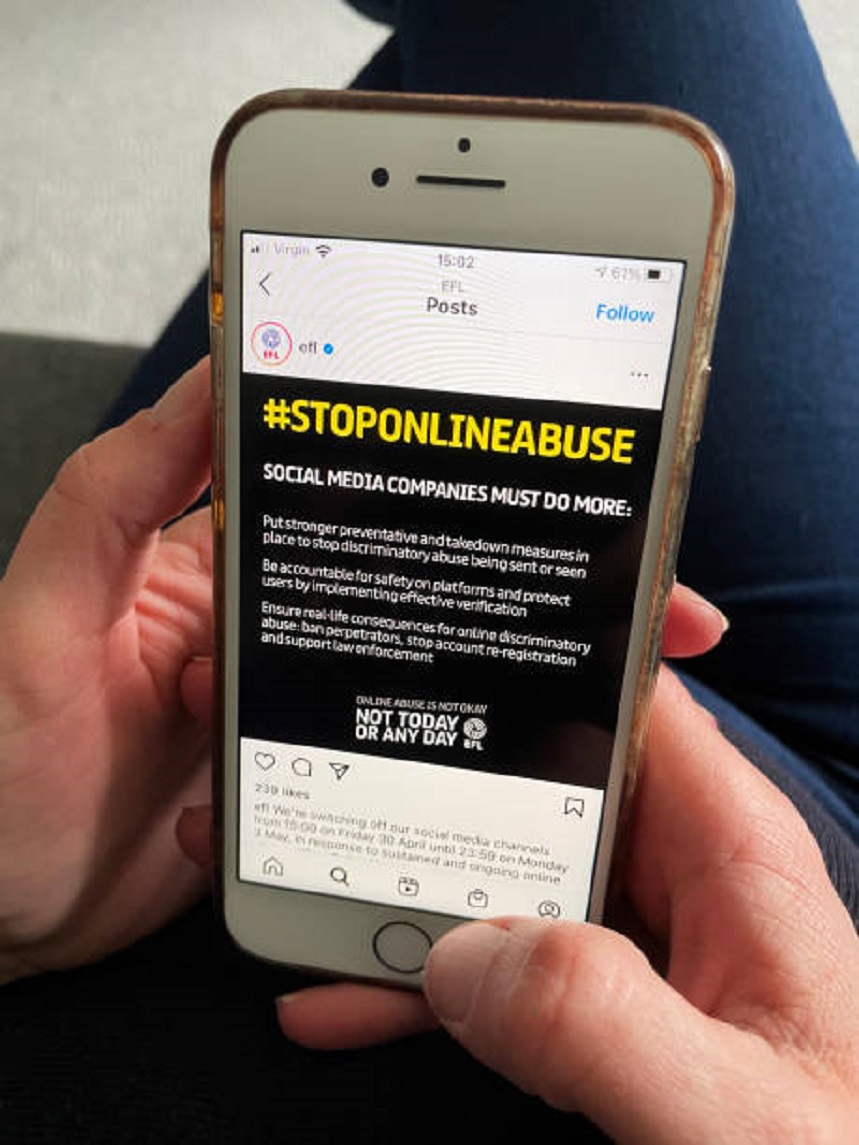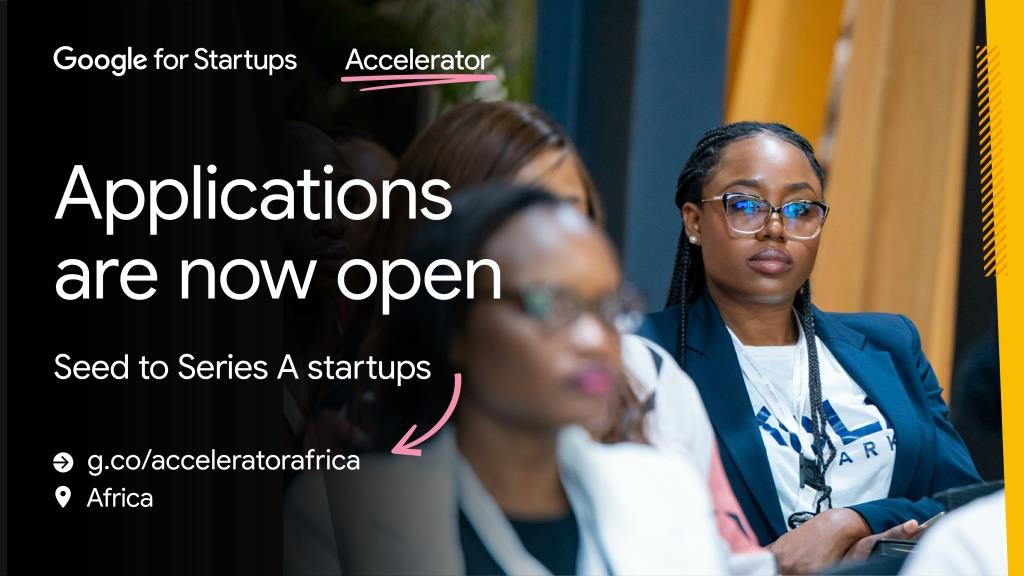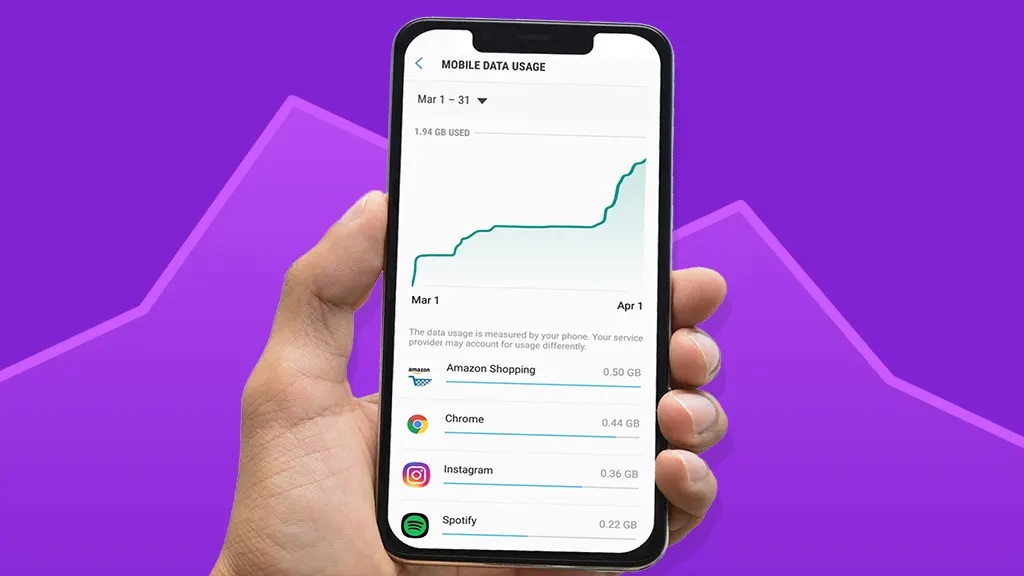Technology
Awareness and Prevention of the Perils of Internet Abuse and Addiction in the Last Days

By Rotimi Onadipe
Internet abuse and internet addiction are strong weapons that the enemy known as Satan had planned to use to steal, kill and destroy the glorious future of many people in these last days.
It is no longer news in our society that we have multiple cases of children of the same parents having sex with each other, people having sex with animals, rape cases involving minors have also increased tremendously.
It is very sad that youths these days are desperate to become billionaires even while they are still in primary, secondary or tertiary institutions because they believe this can be achieved through the internet. Internet abuse, particularly internet fraud is now the order of the day among youths in today’s technology age.
What is internet abuse?
Internet abuse can be defined as improper use of the internet. e.g. internet fraud, sexting, online impersonation, cyberbullying, identity theft etc
Internet addiction refers to excessive use of the internet that is detrimental to the user’s daily obligations. e.g. online gaming or gambling addiction, cybersex or pornography addiction, online relationship addiction, compulsive web surfing etc.
Internet abuse or internet addiction has no respect for age, status or academic qualification. No matter how highly placed you are, you can be a victim of internet abuse or internet addiction and this may have negative effects on almost all aspects of your life.
Internet abuse or addiction will take you longer than you want to stay and cost you more than you want to pay.
Who is an internet addict?
How you feel when you are not online answers the question.
Practical and sensitive questions about internet abuse and addiction:
Your answers to these questions will give you a clear picture of an internet addict.
Do you spend more time than you really intend on the internet?
Do you feel restless or moody when you can’t go online?
How do you feel when your phone battery is down for some time?
How do you react when you misplace your mobile phone?
Can you do this without checking your phone or social media account in a day?
What exactly do you do online and does it add any value to your life in any way?
Do you spend as much time on the word of God the same way you do on social networking sites?
Does your internet usage serve as an escape from problems or relief from a bad mood?
Finally, have you made repeated but unsuccessful attempts to stop or control your internet use?
Your answer to the above questions will help you to know if you are addicted to the internet or not.
How to overcome the danger of internet abuse and addiction in these last days:
- Keep your heart pure. Everything we do in life originates from the heart. The word of God in Proverb 4:23 says “Keep your heart with all diligence; for out of it are the issues of life”. In order to keep your heart pure, the first step is to surrender your heart to God sincerely.
- Spend more time to pray on your heart and dedicate it to God every day because that is the source of everything you do in life.
- You must be conscious of the fact that internet abuse and internet addiction are strong weapons that Satan is using in these last days to steal, kill, destroy the future of people and prevent them from getting to heaven.
- Make sure you always observe your quiet time before you check your phone or social media account every day.
- You must be informed that there are different kinds of people with different missions on the internet. i.e. Some people have good intentions while others are searching for victims.
- You should have a definite time for your internet usage every day and write all you want to do in a paper. i.e. If it is one hour, make sure you don’t exceed one hour and don’t do anything different from what you wrote down. It is more advisable to let all your contacts know that you have a definite time for internet usage.
- Always make a record of what you have benefited from your online activities.
- Reduce the number of your telephone lines and social media accounts.
- Don’t be desperate. Make sure you are contented with what you have.
- When you cannot help yourself, contact a counsellor before it is too late.
Technology
MTN Nigeria Rebrands Fibre Broadband Package to FibreX

By Dipo Olowookere
The fibre broadband service of MTN Nigeria, MTN Fibre Broadband, has been rebranded to MTN FibreX as part of the company’s commitment to providing ultra-fast, reliable, and accessible internet services to its customers.
The leading technology firm said the transformation marks a significant stride in delivering next-generation internet solutions across the nation in line with the country’s National Broadband Plan (NBP) 2020–2025, which aims to achieve 70 per cent broadband penetration by 2025, ensuring minimum speeds of 25 Mbps in urban areas and 10 Mbps in rural regions.
MTN Nigeria explained that the new name was adopted to create a more customer-friendly brand. The new name embodies a more modern, relatable, and emotionally resonant brand that is positioned to lead the conversation around what premium internet should feel like.
The goal is to educate and excite consumers within home-passed locations (the potential number of premises within a service area that can be connected to an fibre to the home [FTTH] network) about the benefits of the product.
The company said FibreX would play a pivotal role in the federal government’s initiative to expand the nation’s fibre-optic network by an additional 90,000 kilometres, aiming to increase fibre capacity from 35,000 km to 125,000 km.
FibreX promises ultra-fast and reliable internet connectivity, aiming to meet the diverse needs of Nigerians, from bustling urban centres to remote rural areas, it assured.
“The launch of FibreX reiterates our dedication to supporting Nigeria’s digital transformation journey.
“By enhancing our infrastructure and services, we aim to bridge the digital divide and foster inclusive growth,” the Chief Broadband Officer of MTN Nigeria, Egerton Idehen, stated.
Technology
Applications Open for 2025 Google AI-Focused Startups Accelerator in Africa

By Modupe Gbadeyanka
Entries for the 2025 Google for Startups Accelerator Africa program have opened, with some benefits attached to selected participants, including a dedicated technical mentorship from Google and industry experts.
In addition, beneficiaries will receive $350,000 in Google Cloud credits, access to a global network of investors, partners, and collaborators, and workshops focused on technology, product strategy, people leadership, and AI implementation.
The accelerator is open to Seed to Series A startups based in Africa that are building AI-first solutions and entries can be submitted via https://startup.google.com/programs/accelerator/africa. Startups must have a live product, at least one founder of African descent, and a clear vision for responsible AI innovation.
The three-month initiative is designed to support early-stage startups using artificial intelligence to address Africa’s most pressing challenges.
Across the continent, startups are demonstrating how local innovation can solve deeply rooted problems. In West Africa, Crop2Cash – an agritech platform and alumni of the program – is using AI to digitally onboard smallholder farmers, build their financial identities, and provide them with access to credit, traceable payments, and productivity tools.
Through these efforts, Crop2Cash is improving agricultural outcomes and unlocking economic opportunity for farmers who have long been excluded from formal systems—illustrating the kind of impact that’s possible when African startups receive the support they need to scale.
AI’s potential to accelerate Africa’s development is real, and Google is investing in ensuring that African startups lead that charge. According to McKinsey, AI could add $1.3 trillion to Africa’s economy by 2030, but only if bold innovation is supported at the grassroots.
“Startups are Africa’s problem solvers. With the right resources, they can scale their impact far beyond local communities.
“This program reflects our belief that AI can be transformative when shaped by those who understand the context deeply,” the Head of Startup Ecosystem for Africa at Google, Mr Folarin Aiyegbusi, said.
Since 2018, the program has supported 140 startups from 17 African countries. These alumni have raised more than $300 million in funding and created over 3,000 jobs. Many are now regional and global leaders in their categories.
Technology
Data Depletion, Nigerian Consumers and the FCCPC’s Silent Intervention

By Edwin Uhara
The various telecommunication companies in the country have come under intense pressure from the Nigerian consumers over rapid depletion of mobile data services despite the high cost of purchasing mobile data; with some accusing some of the regulatory agencies of not doing their jobs properly.
Apart from Nigerians, I have personally experienced such unsatisfactory service in recent times until I came across various online campaign materials against telecom service providers and some regulatory agencies like the Nigerian Communications Commission and the Federal Competition and Consumer Protection Commission who have all been accused of doing nothing while the unhealthy practices continued in the telecoms industry.
“According to report, telecom subscribers are sending emails and direct messages to the Nigerian Communications Commission and the Federal Competition and Consumer Protection Commission, demanding an investigation into what they describe as unexplained data consumption.”
In the midst of such accusation, operators insist that there is no mechanism for reducing customers’ data, arguing instead that rising consumption is due to users behaviour, particularly the shift from 3G and 4G to 5G and increased video streaming habit.
Such controversy comes on the hills of the recent intervention by the Nigerian Senate urging the Federal Ministry of Communications, Innovation, and Digital Economy to engage operators on reviewing data and internet-related service costs.
While data consumption issues have remained a pressing concern in recent times, the situation became more pronounced since the implementation of new tariff by service providers.
“The report however added that many subscribers who shared screenshots of emails sent to regulators on social media remained unconvinced, arguing that the problem lies in the operators’ billing systems rather than their usage habits.”
“It added that data prices are too high these days. Every Nigerian should report the operators to NCC, FCCPC, and send them thousands of emails; otherwise, this price hike won’t stop,” one of the customers said.”
“Not only has data become more expensive, but it also seemed to deplete faster than before. This is unacceptable,” another user complained.”
Nigeria’s internet consumption crossed the one million terabyte mark for the first time in January 2025, highlighting the surging demand for internet services and Nigeria’s increasing dependence on digital connectivity.
To be very honest, I have followed the activities of the FCCPC for a very long time now, and I have also written extensively about the commission’s activities to place me in a better position to know what the agency is doing to stop exploitative practices in the country.
During the nationwide food crisis last year, the commission was in the forefront of the war against exploitative practices with many raids against some manufacturers who were caught in the shabby practice.
We also remember the open confrontation between the commission and a minister last year over some unhealthy practices involving a popular airline operator in the country.
And most recently, the commission is in court over some issues involving MultiChoice company, the parent company of DStv and Gotv over some of it’s billing systems.
Like the situation in the telecoms industry, the price hike by MultiChoice saw DStv Compact move from N15,700 to N19,000. Compact Plus from N25,000 to N30,000. Premium from N37,000 to N44,500, and GOtv Supa Plus from N15,700 to N16,800.
Following the new price regime, the FCCPC directed MultiChoice to suspend the increase pending regulatory review, but the company went ahead with the price adjustment, leading to the legal dispute now before Justice James Omotosho.
I can go on to name many of the battles against exploitative practices the FCCPC addressed last year, but will not do so because I don’t want this article to be viewed as a public relations material by my readers.
However, I managed to get across to a staff of the FCCPC who do not want his name in print over data depletion which Nigerians are complaining about but he told me that the commission is already addressing the concerns raised by Nigerians and promised that the outcome of such investigation would soon be made public.
Therefore, I appeal to Nigerians to exercise more patience as the issue is been addressed.
Comrade Edwin Uhara is A Public Affairs Commentator and writes from Abuja
-

 Feature/OPED5 years ago
Feature/OPED5 years agoDavos was Different this year
-
Travel/Tourism9 years ago
Lagos Seals Western Lodge Hotel In Ikorodu
-

 Showbiz2 years ago
Showbiz2 years agoEstranged Lover Releases Videos of Empress Njamah Bathing
-

 Banking7 years ago
Banking7 years agoSort Codes of GTBank Branches in Nigeria
-

 Economy2 years ago
Economy2 years agoSubsidy Removal: CNG at N130 Per Litre Cheaper Than Petrol—IPMAN
-

 Banking2 years ago
Banking2 years agoFirst Bank Announces Planned Downtime
-

 Sports2 years ago
Sports2 years agoHighest Paid Nigerian Footballer – How Much Do Nigerian Footballers Earn
-

 Technology4 years ago
Technology4 years agoHow To Link Your MTN, Airtel, Glo, 9mobile Lines to NIN














